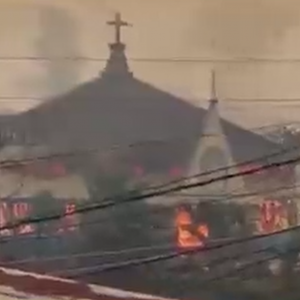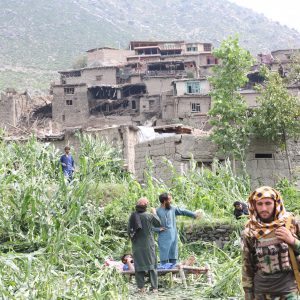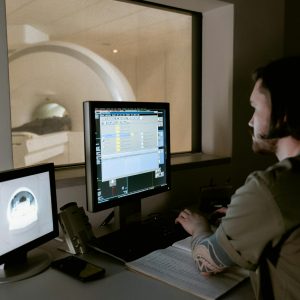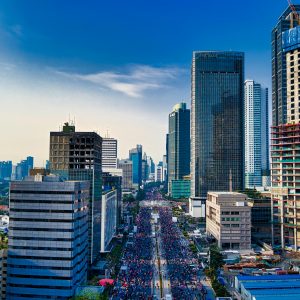Since atrocities against Rohingya began 7 years ago, no one held accountable: Independent investigator
GENEVA (AA) – Since atrocities began against the Rohingya Muslims of Burma seven years ago, no one has been held accountable for crimes they endured, and the impunity cycle must be broken, the head of the UN’s Independent Investigative Mechanism for Myanmar (Burma) has said.
Nicholas Koumjian, head of IIMM, said that this week marks seven years since a wave of violent atrocities by the Burmese security forces drove hundreds of thousands of Rohingya Muslim women, men, and children to flee their homes in Burma’s Rakhine State.
“Rohingya lost their loved ones and property, and many were subjected to horrific sexual violence,” said Koumjian.
“The majority sought refuge in neighboring Bangladesh where they remain, still awaiting the day when it will be safe to return to their homes in Myanmar (Burma).”
The investigator said that no one has yet been held accountable for “these horrific crimes.”
The inaction has emboldened perpetrators in Myanmar to continue their brutal actions without fear of the consequences, said Koumjian.
“When crimes go unpunished, this can fuel more violence. This cycle of impunity must be broken.”
The investigator for the UN explained that this year, armed conflicts have increased across Burma, including in Rakhine State, as opposition to military rule grows.
– Rohingya left ‘vulnerable’ –
“This has left Rohingya particularly vulnerable, with horrific reports of killings, torture, rape, and the burning of villages,” said Koumjian.
Earlier in August, a drone attack on Rohingya Muslims fleeing the violence reportedly killed a high number of civilians.
The independent mechanism has opened new investigations into these crimes.
However, the cycle of atrocities is likely to continue until perpetrators of earlier crimes face justice, said the head of the investigating group.
“International justice is often slow, and this can be very frustrating for victims who rightly hope for justice that can bring an end to their suffering,” he said, noting that the group is doing its best to produce results.
“We have collected and analyzed a very large quantity of evidence, including videos, photographs, social media posts, and geospatial imagery.”
The investigating group has interviewed hundreds of survivors, eyewitnesses, and people with insider knowledge about the orders given to commit crimes.
The group is sharing its findings with the authorities involved in the cases concerning the Rohingya at the International Criminal Court and the International Court of Justice, noted Koumjian.
The investigators have shared 80 packages containing more than one million supporting information and analysis items.
“We are identifying the individuals who are most responsible for the crimes committed against the Rohingya, including those who ordered the crimes, those who failed to punish crimes committed by those under their command, and those that actively promoted the hate campaign which fueled these crimes,” said the head of the investigations.
The Independent Investigative Mechanism for Myanmar was created by the UN Human Rights Council in 2018 to collect and analyze evidence of the most serious international crimes and other violations of international law committed in Myanmar since 2011.
Seven years after being uprooted from Burma through a campaign of targeted violence against Muslims by the military junta, more than 700,000 Rohingya Muslims fled to neighboring Bangladesh, joining thousands of others who had fled earlier episodes of violence.
More than a million of them live in Bangladesh’s Cox Bazar alone, making it the largest refugee settlement in the world.










